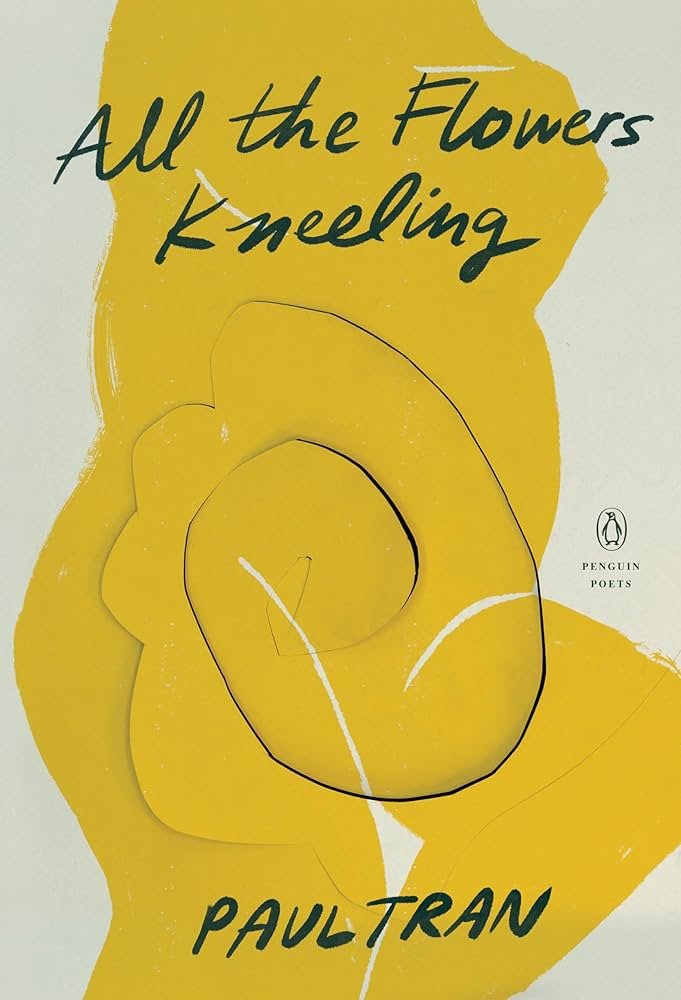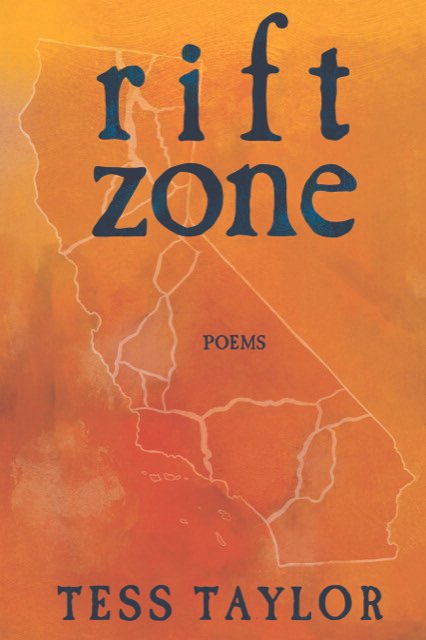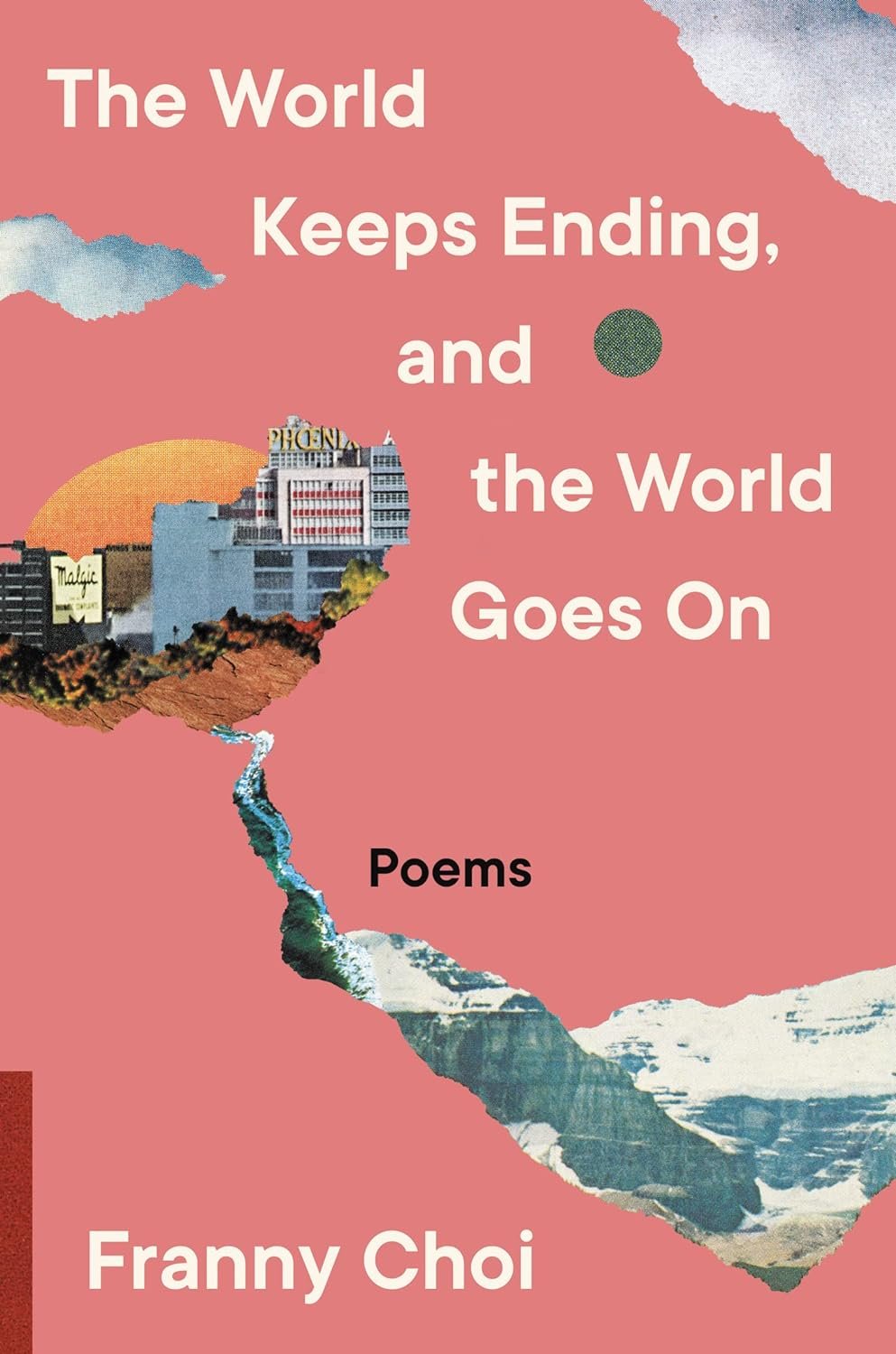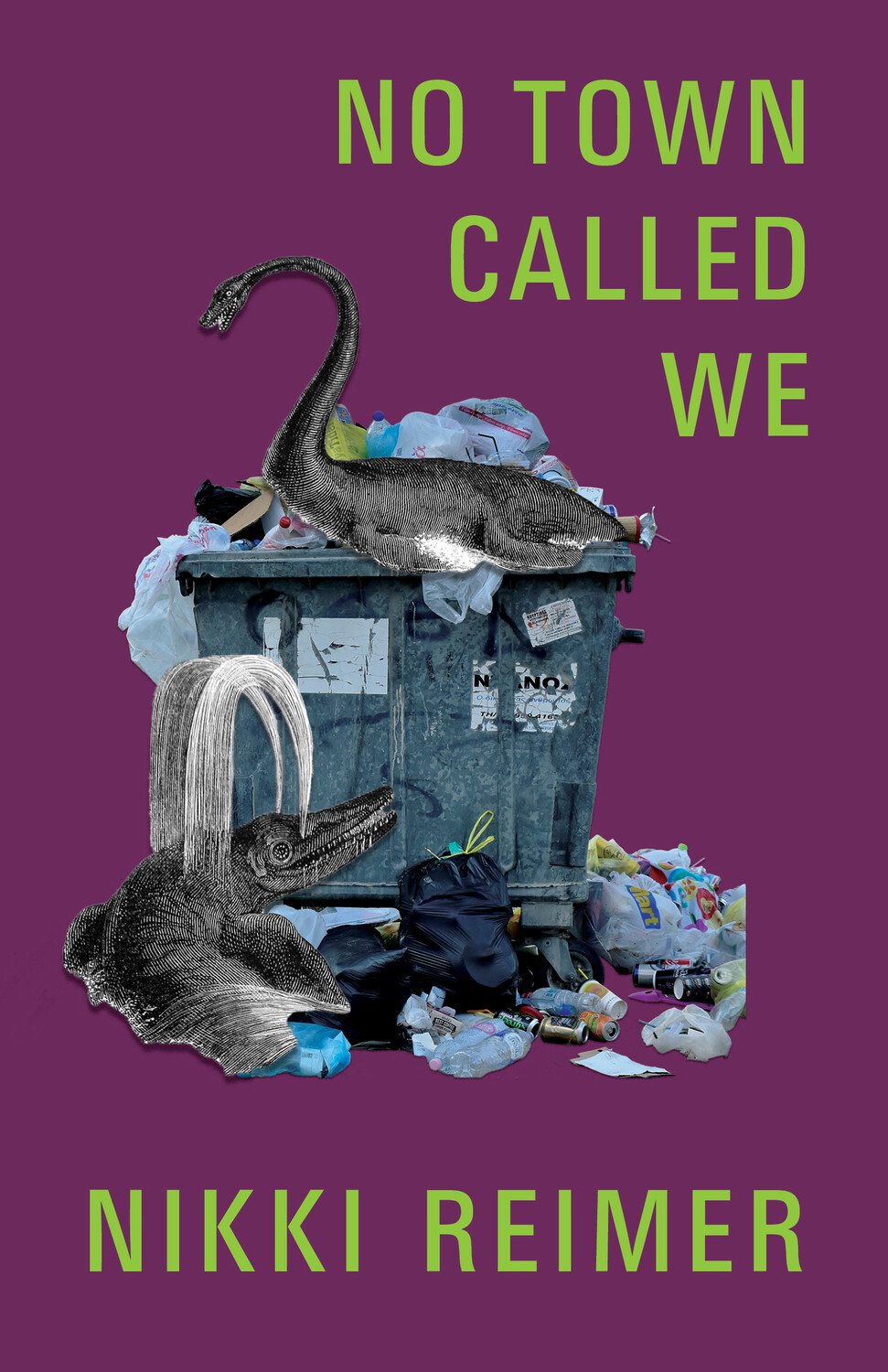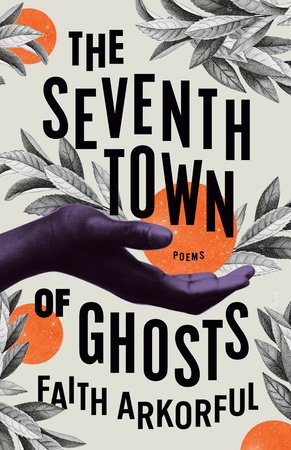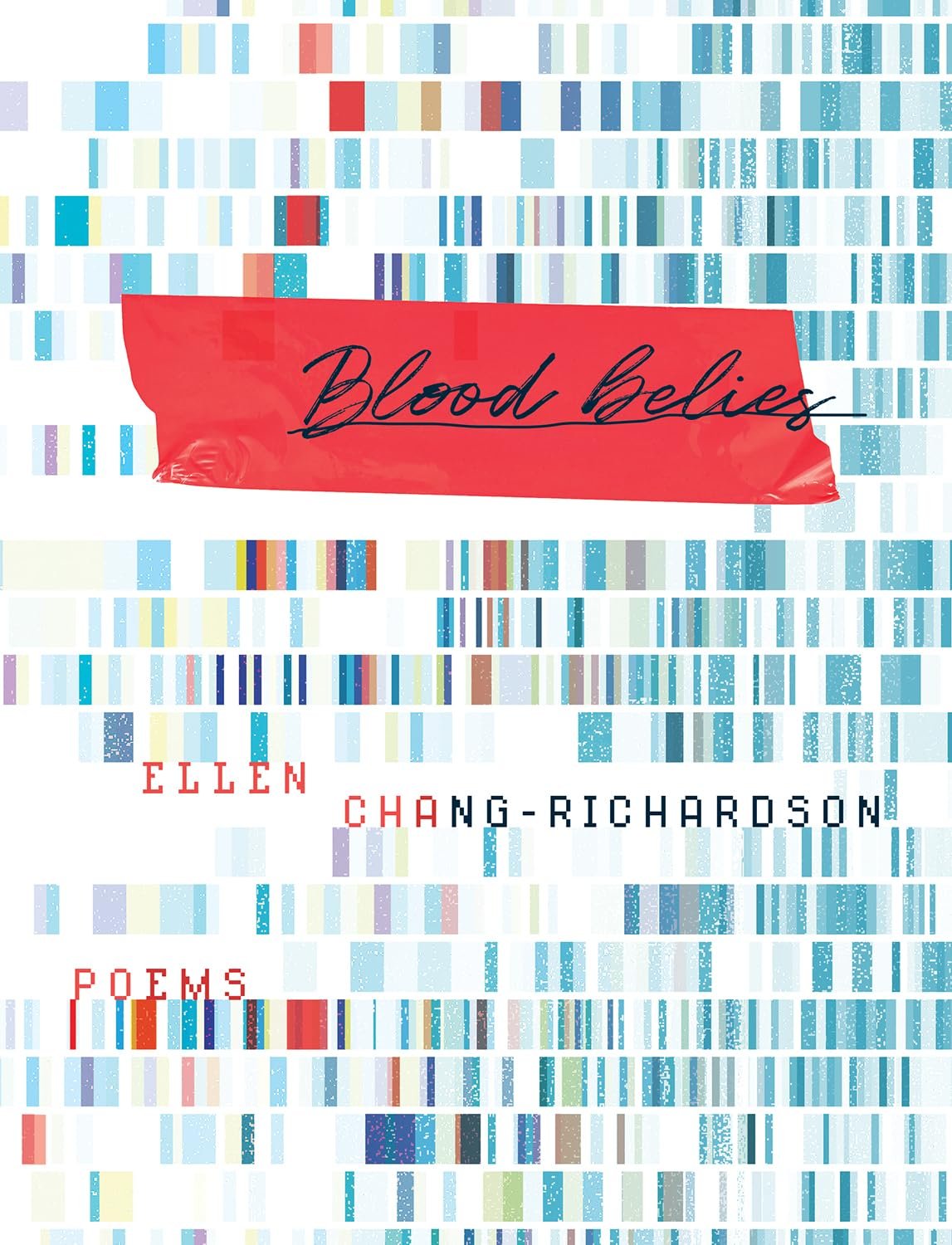National Poetry Month 2024: Canthius Reads
Every April, Canthius’s Editorial Board shares what we’ve been reading for National Poetry Month.
Sneha Madhavan-Reese selects:
All the Flowers Kneeling by Paul Tran
Visceral and astonishing, Paul Tran’s debut poetry collection All the Flowers Kneeling investigates intergenerational trauma, sexual violence, and U.S. imperialism in order to radically alter our understanding of freedom, power, and control. In poems of desire, gender, bodies, legacies, and imagined futures, Tran’s poems elucidate the complex and harrowing processes of reckoning and recovery, enhanced by innovative poetic forms that mirror the nonlinear emotional and psychological experiences of trauma survivors. At once grand and intimate, commanding and deeply vulnerable, All the Flowers Kneeling revels in rediscovering and reconfiguring the self, and ultimately becomes an essential testament to the human capacity for resilience, endurance, and love.
The Small Way by Onjana Yawnghwe
What strange gravity draws two people together? What pulls them apart? In The Small Way a woman re-evaluates herself and her marriage as she comes to terms with a spouse's transition. Intimate and powerful, the poems celebrate the courage of a partner coming out as a transwoman and records the confusion in facing a partner's changing gender identity. Speaking to the tenderness that exists between two people, the book explores shifting bodies and changing emotional landscapes, and examines what it really means to love someone. The poems reside in the stillness of two bodies and in the intersection between time and grief. The Small Way is a passionate record of love and loss, and a naked exploration of vulnerability. The book is an elegy to love and memory, a chronicle of holding on and letting go.
Rift Zone, Taylor’s anticipated third book, traces literal and metaphoric fault lines— rifts between past and present, childhood and adulthood, what is and what was. Circling Taylor’s hometown— an ordinary California suburb lying along the Hayward fault— these poems unearth strata that include a Spanish landgrant, a bloody land grab, gun violence, valley girls, strip malls, redwood trees, and the painful history of Japanese internment.
Samantha Jones selects:
In Scorch, Natalie Rice situates our sense of individual disconnection and grief within a larger ecology of loss, where nature is an active force and change is a continuous, complex cycle encompassing both the wildfire and whatever beauty may still rise out of the scorched ground. Grappling with connection and disconnection, plenitude and emptiness, Rice’s poems “lean/into what cannot be explained,” listening for the music, voicing the contradictions—“how the unsayable/hung like a red berry in the back/of my throat.”
Rachel Shabalin selects:
The World Keeps Ending, and the World Goes On by Franny Choi
With lyric and tonal dexterity, these poems spin backwards and forwards in time--from Korean comfort women during World War II, to the precipice of climate crisis, to children wandering a museum in the future. These poems explore narrative distances and queer linearity, investigating on microscopic scales before soaring towards the universal. As she wrestles with the daily griefs and distances of this apocalyptic world, Choi also imagines what togetherness--between Black and Asian and other marginalized communities, between living organisms, between children of calamity and conquest--could look like.
Amy LeBlanc selects:
No Town Called We by Nikki Reimer
No Town Called We writes through the death of elders, social panic, and the climate crisis via the lens of the multiply disabled, female-coded body approaching midlife. Punching through the veils of complacency and greed that shape the cultures of the petrostate, these poems are meditations on an emergency, dispatches from wombat burrows and prairie hospitals. They consider the variegated forms grief can take, both marking and resisting their own decay. Reimer asks: How do you and I relate? How might we commune? Can we enjoy our sick prostrated time? What does it mean to occupy a land? What duty of care do we owe each other? And poet, what have you done with the moon?
Fresh, funny, and imbued with infectious energy, Northerny tells a much-needed and compelling story of growing up and living in the North. Here are no tidy tales of aurora borealis and adventures in snow. For Dawn Macdonald, the North is not an escape, a pathway to enlightenment, or a lifestyle choice. It’s a messy, beautiful, and painful point of origin. People from the North see the North differently and want to tell their own stories in their own way, including about their experiences growing up on the land, getting an education, and struggling to find jobs and opportunities.
The Seventh Town of Ghosts by Faith Arkorful
Hauntings form the canopy of The Seventh Town of Ghosts. These titular towns, centred in yesterdays, tomorrows, and the ongoing, lead to a special kind of singing: songs to the reader who wrestles with existence, the unsure peace within family, and the often-tense interdependence of life.
Here, discernment is ever-present, guided by Faith Arkorful’s insights on not only the ravages of the state and the police upon the Black family and life at large, but also on a kaleidoscope of connections—sisterhood, daughterhood, kinship, solitude, death, romance—and how tenderness, chosen and repeated, can shield against life’s blows.
Manahil Bandukwala selects:
Blood Belies by Ellen Chang-Richardson
In this arresting debut collection Ellen Chang-Richardson writes of race, of injury and of belonging in stunning poems that fade in and out of the page. History swirls through this collection like a summer storm, as they bring their father’s, and their own, stories to light, writing against the background of the institutional racism of Canada, the Chinese Exclusion Act, the head tax and more. From Taiwan in the early 1990s to Oakville in the late 1990s, Toronto in the 2010s, Cambodia in the mid-1970s and Ottawa in the 2020s, Blood Belies takes the reader through time, asking them what it means to look the way we do? To carry scars? To persevere? To hope?
The Last to the Party by Chuqiao Yang
In this highly anticipated and deeply moving debut, Chuqiao Yang explores family, culture, diaspora, and the self’s tectonic shifts over time. Yang’s poems journey restlessly through recollections of a Saskatchewan childhood, trips to visit family in Taiyuan, and a sojourn across the American South in search of the moments and places where one became a stranger to oneself. “You are a mouse in the backcountry of your memories,” writes Yang, “You are a fox in winter, devouring well-meaning friends.” Irreverent, fierce, and ceaselessly surprising, The Last to the Party marks the arrival of a unique voice and an unsparing poetic vision.
Good Want by Domenica Martinello
Exploring the value and shame ascribed to our desires both silly and serious – artistic, superficial, spiritual, relational – these poems grapple with deeply rooted questions: How can there be a relationship between goodness and godliness, if god is a character with shifting allegiances and priorities? Is clarity worth the pain of redefining your experience of the world? Is privacy the same as secrecy the same as deceit? Each caveat becomes a prayer, ritual, invocation, dream, or confession, requiring a blind faith that feels increasingly more impossible to sustain.

